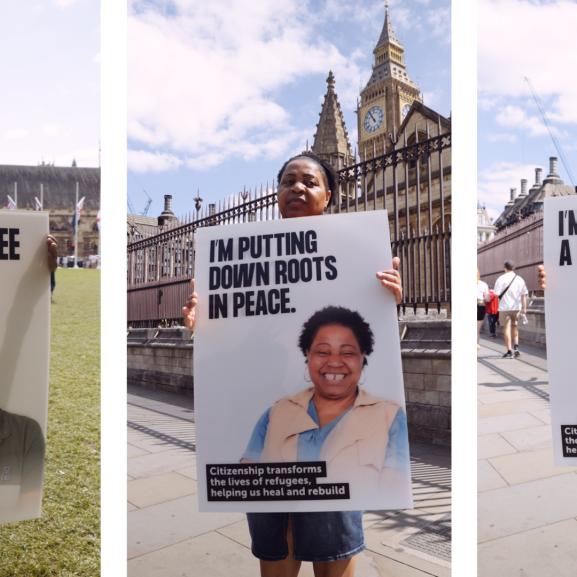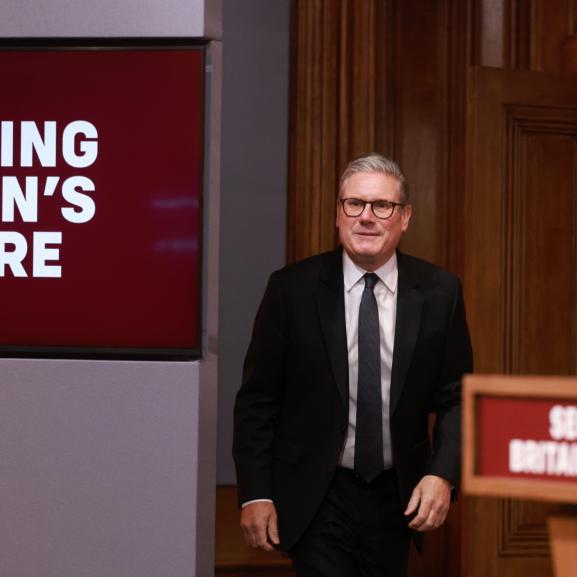Children's Commissioner Visits MF and Expresses Concern About Home Office Treatment of Young Asylum Seekers
Children's Commissioner for England Prof Al Aynsley-Green is deeply concerned about the way in which young asylum seekers are dealt with by the authorities. The comment was made as he visited a group of child and teenage refugees and asylum seekers receiving treatment at the Medical Foundation for the Care of Victims of Torture in north London.
After hearing accounts of arbitrary detention, racism, attempts by officials to classify young teenagers as adults, and the fear of many of the youngsters of being sent back to the countries they had fled, Professor Aynsley-Green said: "There seems to be a complete absence of respect in the way the authorities deal with these young people.
"They are not being treated as children, they are not being listened to or believed. No one has sat down and told them what they are entitled to and what their rights are. No one has told them what is likely to happen to them.
"Their fear of detention and being sent back is palpable. Some were overcome with emotion when speaking to me. "
Since taking office, Professor Aynsley-Green has called for a number of improvements in the treatment of young asylum seekers by the UK authorities. He has criticised the detention of children and the conditions in which they are held and called for the repeal of Section 9 of the Asylum and Immigration (Treatment of Claimants etc.) Act 2004 in which failed asylum seeking families can be rendered destitute and their children taken into care. He has also demanded improved age assessment processes to avoid asylum- seeking children being wrongly categorised as adults, depriving them of the support given to those who are under 18.
He is also outraged at the way in which the children of asylum-seekers are taken into detention prior to removal from the country with inadequate explanation of what is happening.
At the Medical Foundation, Professor Aynsley-Green was told by one young client from central Africa: "I don'st consider going back to my country of origin. I have no family there and I have no home there. I have nothing. Maybe they can send my body back, but not me."
Another young client, from Uganda, who was put in detention when he first arrived in Britain said: "Detaining families is child abuse. When the authorities put young people in detention they don'st know what the kids have already been through. Some may have been imprisoned in their country of origin. When they are locked up, their mind goes back to those earlier experiences. When they are released, they are never the same."
A 19-year-old Rwandan told the Children's Commissioner that he was waiting to study mental health nursing at university. The uncertainty over whether he would be able to stay in Britain had, however, already cost him one university place, with a second offer now under threat too.
Professor Aynsley-Green said he intended to make Ministers aware of the issues that had been raised. Appointed Children'ss Commissioner in March last year, he was previously National Clinical Director for Children and Nuffield Professor of Child Health at Great Ormond Street Hospital for Children and at the Institute of Child Health, University College London.






